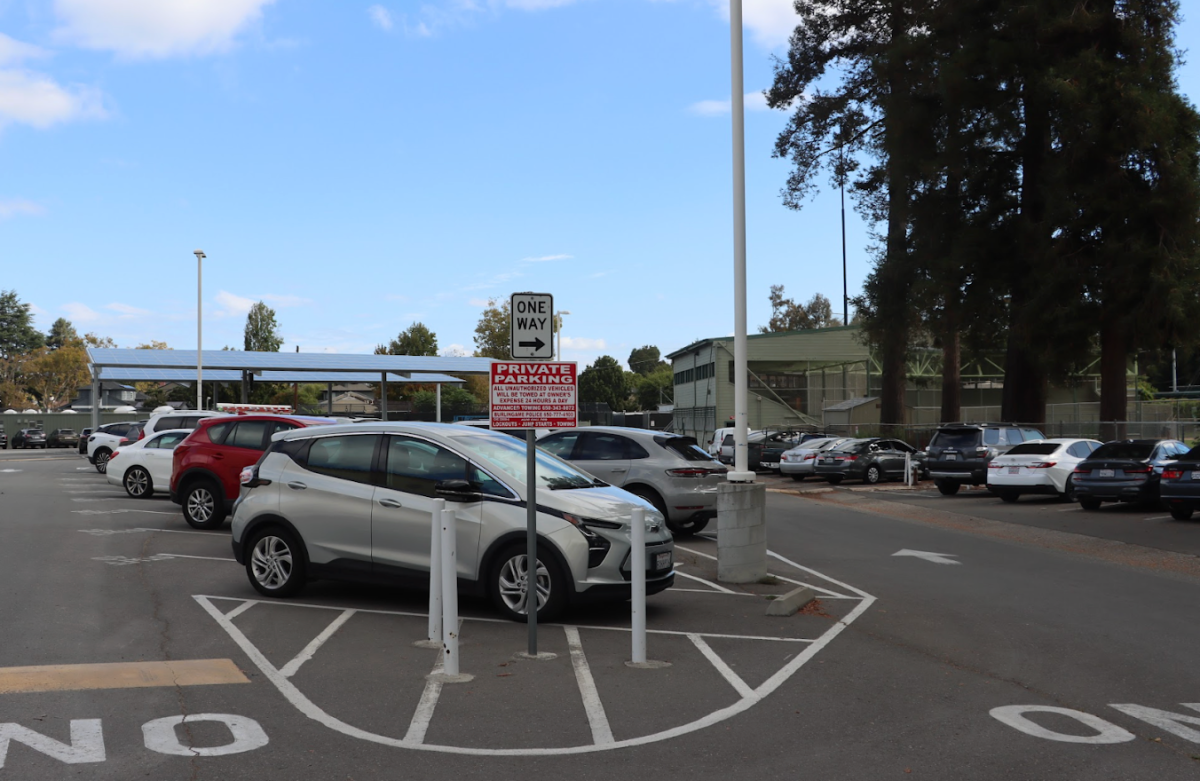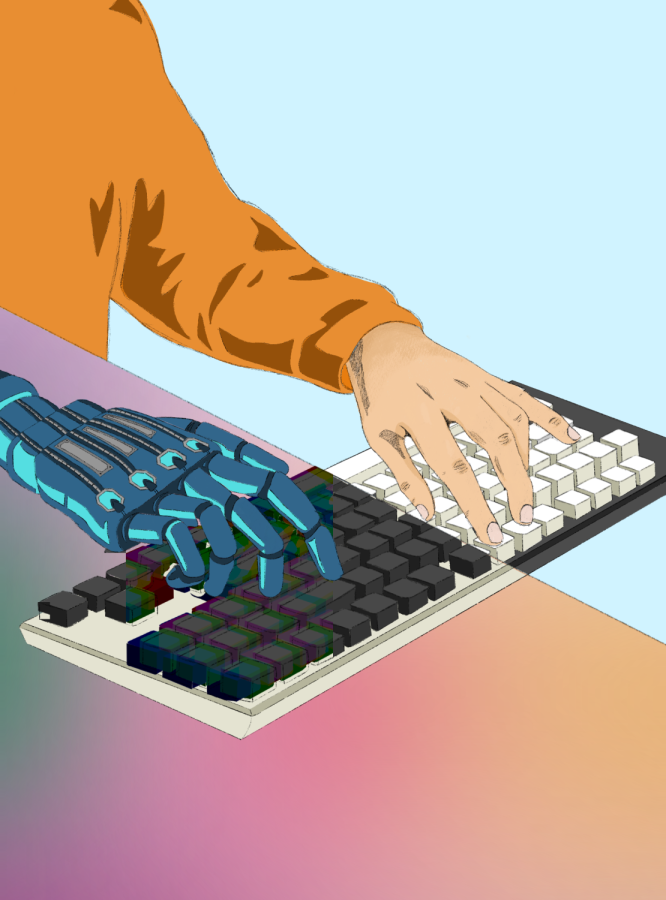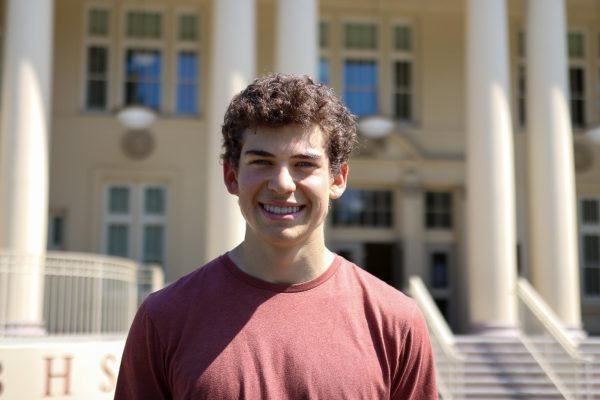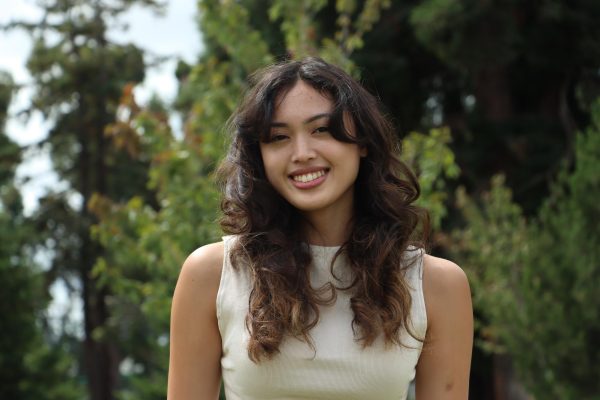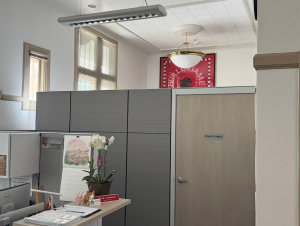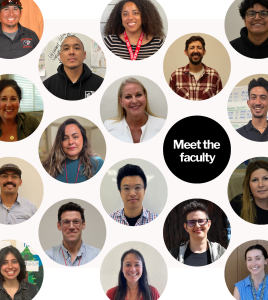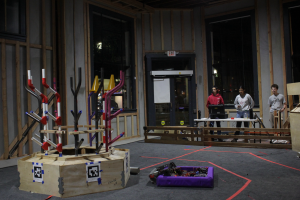ChatGPT can do your homework. Now what?
Where ChatGPT can be helpful, it also can be misused and threaten academic integrity — especially in classes that involve writing, such as English or history classes.
February 14, 2023
As the use of artificial intelligence in education becomes more prevalent, concerns are being raised about the ethical implications of using language models like ChatGPT in high schools. While the technology can be used to assist students in learning, it also raises questions about privacy and the potential for misuse, such as with automated essay writing, which can undermine the integrity of academic work.
At least that’s what Chat GPT wrote when I asked it to produce an introduction for an article about the controversial use of the chatbot in high schools.
OpenAI, an artificial intelligence research company, released ChatGPT — a free AI chatbot — in late November. ChatGPT immediately gained massive attention, attracting 1 million users just five days after launch.
Unlike search engines such as Google, which return links to websites that contain information, ChatGPT aims to directly answer users’ prompts, whether they involve solving mathematical equations, writing essays or explaining complex topics in simpler terms. For high school students, those specific, on-demand answers can be a valuable resource.
“I have used it to check answers every once in a while for some different classes,” Junior Nate Teitelbaum said. “I don’t exactly know how it gets all of its info, so I don’t know if everything it tells me is reliable, but for some, for some [subjects] like math, it can be a very good tool.”
But where ChatGPT can be helpful, it also can be misused and threaten academic integrity — especially in classes that involve writing, such as English or history classes. For any given essay, a prompt can be easily pasted into the software to generate unique — but not authentic — essays in seconds. To mitigate the potential for cheating, Advanced Placement (AP) Literature teacher Timothy Larkin has implemented even more in-class pencil-and-paper writing assignments.
“[ChatGPT is] much more sophisticated than [getting information off of Google]. I have been shifting towards in class writing for a long time rather than take-home essays — it’s obviously very hard for me to control the variables,” Larkin said. “The skill of being able to [write] something — draft it, edit it, polish it, publish it — that’s a really important skill that’s getting harder and harder to teach if you can have a computer to do it for you.”
Because the software is relatively new, the school and district administration have yet to formally discuss how and if the school will address ChatGPT, according to Assistant Principal Jenny Gibson.
“I think it’s only a matter of time before another app is going to be able to detect ChatGPT,” Gibson said. “Right now we have Turnitin and other softwares that are able to detect plagiarism and cheating on the web, and in the future, will have capabilities [to detect ChatGPT].”
Some schools, such as New York City public schools, have already taken action against the software and outright banned ChatGPT from school devices and WiFi networks — citing negative implications for student learning and the safety and accuracy of content.
“I think for a while, people, especially teachers won’t know how to use [ChatGPT] well, and it will get regarded as just another cheating device,” Teitelbaum said. “I do think there are many good, ethical and helpful ways to use it, especially to help learn but I think for a while, people aren’t going to realize that and utilize those capabilities.”
ChatGPT is not without flaws, but as with most technologies, it will likely continue to improve. As it becomes more accurate — and more relevant — it could potentially have an even greater impact on English classes.
“It may actually have the potential to usher in a new wave of focus on creativity. If technology exists for anybody to put forth a perfect five-paragraph essay that details the exact reasons for something, then [essay writing is] going to be less and less important,” Larkin said. “What’s probably more and more important is ways to think outside the box, ways to be a divergent thinker, ways to be more creative — activities that a bot can’t do.”







